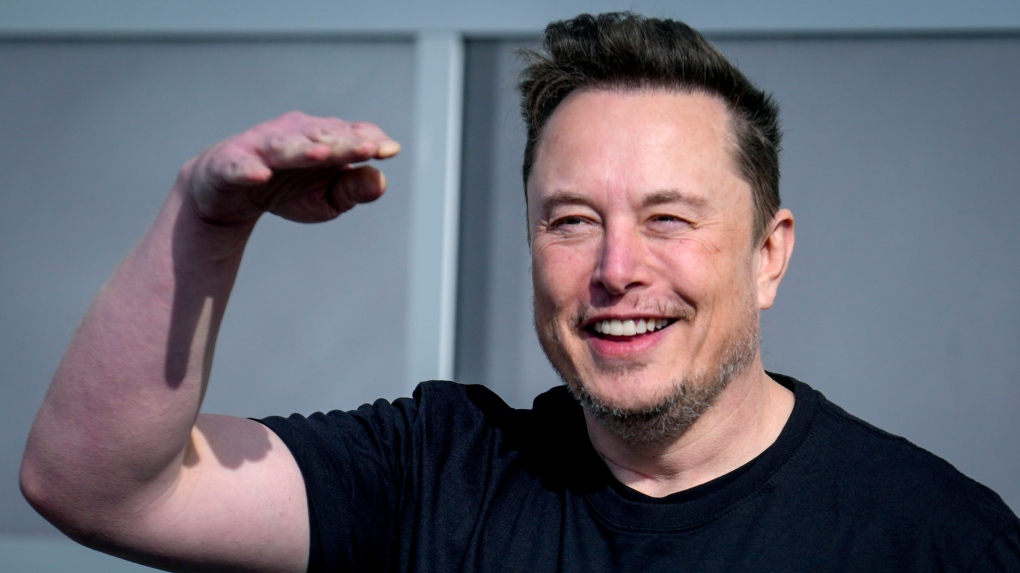A $2.14-billion federal loan for an Ottawa-based satellite operator has Canadian politicians arguing about whether American billionaire Elon Musk poses a national security risk.
The fight involves internet connectivity in remote regions as Canada tries to live up to its promise to connect every Canadian household to high-speed internet by 2030.
A week ago, the Liberal government announced the loan to Telesat, which is launching a constellation of low Earth orbit satellites that will be able to connect the most remote areas of the country to broadband internet.
Conservative MP Michael Barrett objected to the price tag, asking Musk in a social media post how much it would cost to provide his Starlink to every Canadian household that does not have high-speed access.



I specifically said borderline shady because I didn’t think you were trying to be shady. I also tried to find a source for the cancelation of the $1.3 billion, and all I have is the single line in the posted article about it. Not surprising that neither Telesat nor the government are going out of their way to announce the deal fell through, but I’d prefer it if they did, and I imagine you would, too.
The national security angle doesn’t mean you can’t use foreign services, it means you don’t have to use foreign services, especially when you consider a major user will be NORAD bases. This is particularly relevant given the shenanigans Musk has played in Ukraine.
While I think it’s easy to argue that internet connectivity is a necessity if you want to participate in the modern world, clearly water is even more important. We have seen decades of neglect on that front.
Well yeah… you wouldn’t have to use foreign services if a domestic alternative existed. One doesn’t for northern residents, yet. So here we are like many times in the past (like for getting northern people online, or getting them clean water to drink) talking about future, possible, great idea measures that will take place at some point instead of just doing the fucking thing.
I don’t love Starlink or Musk. However, I do own a Starlink dish and I have used it for the past couple of years for work. I know lots of other people who live in very remote areas who have been using it since it became available to them. Starlink took off in central and northern areas of Canada very quickly because it was the only (good) option for highspeed internet, and still is. And while it would be dope if a canadian competitor came along and made good on their potential, we’re still falling back into the fact that at best a canadian LEO internet company would have to launch their sats in the north for a total of 120k customers. Starlink has the Alaskan market which is upwards of 750k people, already. The canadian customers are just a bonus for them in that region, at that scale.
Why can’t we get northern people online now as well as develop a domestic solution? I don’t think it’s a stretch to say Telesat looks like another XPlore-net type solution (i.e. half-assed, at best, and maybe will never happen at this point). I’ve worked in tech for 4 years now. Currently for a fully private company, zero public or private/VC funding. But the first company I worked for took an obscene amount of public funding (lockdown subsidies which in fact is how I got hired) and a fuckton of tax breaks before and since. Sadly, they’ve also done a lot of screaming about the suggestion that they should pay their fair share of corporate tax. Not super relevant to this convo, but I do understand in some ways what’s at stake when a company takes public money (and still treats locals like shit). There are lots of examples of this going wrong, so I wouldn’t wanna see it be the only option on the table for any reason.
At any rate I think we agree that folks should probably have clean drinking water first anyhow.